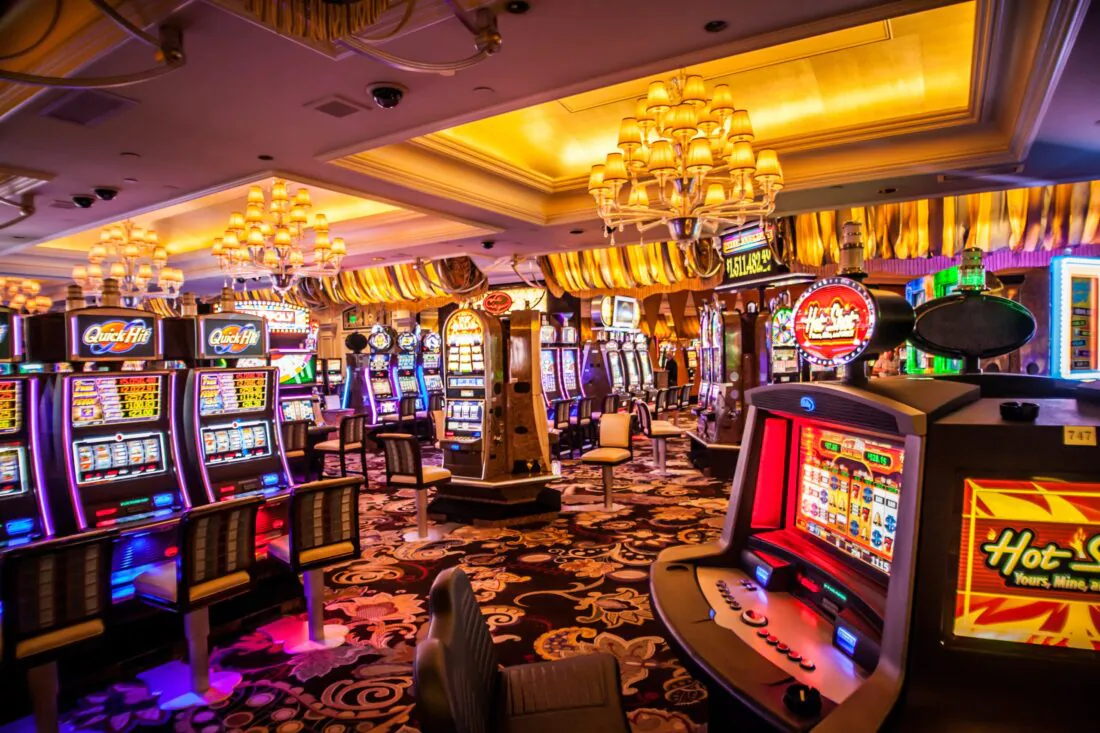Casinos have long captivated the imagination, blending entertainment, luxury, and the thrill of chance into a unique experience. From the glitzy lights of Las Vegas to the elegant halls of Monte Carlo, the casino industry has evolved dramatically, embracing technology and shifting cultural attitudes while maintaining the core excitement of gaming. This article explores the multifaceted world of buy138, including their history, popular games, and the psychological elements that keep players coming back for more.
A Brief History of Casinos
The origins of gambling can be traced back thousands of years to ancient civilizations. The Chinese were known to gamble with tiles as early as 2300 BC, while the Romans used dice for games of chance. The modern casino, however, began to take shape in the 17th century with the establishment of the first official gambling house, the Ridotto, in Venice, Italy, in 1638. This marked a significant shift from informal gambling settings to more regulated environments.
The term “casino” itself is derived from the Italian word “casa,” meaning “house.” Initially, casinos were small social clubs, but as gambling gained popularity, they transformed into larger venues offering a variety of games. By the 19th century, casinos had spread throughout Europe and into the United States, with Las Vegas emerging as the gaming capital in the 20th century.
The Popular Games
Casinos offer a plethora of games that appeal to a wide range of players. Some of the most popular games include:
- Slot Machines: Often the first thing that comes to mind when thinking of a casino, slot machines are easy to play and come in various themes and formats. Their random number generators (RNGs) ensure fairness, making them a favorite for many casual players.
- Table Games: Games like blackjack, poker, and roulette require skill and strategy. Blackjack, for example, combines luck with decision-making, as players must decide when to hit, stand, or double down based on their hand and the dealer’s face-up card. Poker, on the other hand, is a game of skill, psychology, and strategy, where players compete against each other rather than the house.
- Craps: This fast-paced dice game is popular for its social atmosphere. Players bet on the outcome of the roll, and the energy of the table can be contagious, drawing in onlookers.
- Baccarat: Often associated with high rollers and elegance, baccarat is a card game that involves betting on the outcome between the player and the banker. Its simplicity and low house edge make it appealing to both new and experienced gamblers.
- Sports Betting: With the recent legalization of sports betting in many areas, casinos have adapted to include sports wagering options. Bettors can place wagers on various sports events, adding another layer of excitement to the gambling experience.
The Psychological Aspect of Gambling
The appeal of casinos extends beyond the games themselves; it taps into deep psychological triggers that keep players engaged. Several factors contribute to this phenomenon:
- The Thrill of Winning: The prospect of hitting the jackpot or winning a substantial sum of money creates an adrenaline rush. Casinos often use lights and sounds to amplify this excitement, making even small wins feel significant.
- Near Misses: Research shows that players are more likely to continue playing after a near miss—such as when a player almost hits a winning combination on a slot machine. This psychological effect encourages them to keep playing in hopes of achieving a win.
- Social Interaction: Casinos are social environments where players can interact with one another. The camaraderie at table games or the shared excitement of a group betting on a sports event enhances the overall experience, making it more enjoyable.
- Escapism: For many, visiting a casino offers an escape from everyday life. The lavish decor, entertainment options, and the atmosphere of excitement can transport players into a different world, albeit temporarily.
The Future of Casinos
As technology continues to advance, the casino industry is poised for further transformation. Online casinos and mobile gaming platforms have surged in popularity, allowing players to enjoy their favorite games from the comfort of their homes. Virtual reality (VR) and augmented reality (AR) are also on the horizon, promising to create immersive gaming experiences that could redefine how we interact with casinos.
Additionally, casinos are increasingly focusing on responsible gambling initiatives. With the rise in awareness of gambling addiction, many establishments are implementing measures to promote safe gaming practices and provide support for those in need.
Conclusion
Casinos are more than just places to gamble; they are complex environments that blend history, culture, and psychology. From the thrill of spinning the reels on a slot machine to the strategic play of poker, the gaming experience continues to evolve while capturing the hearts of millions. As technology advances and societal attitudes shift, the allure of the casino remains a powerful draw, promising excitement, entertainment, and the chance to win big.

